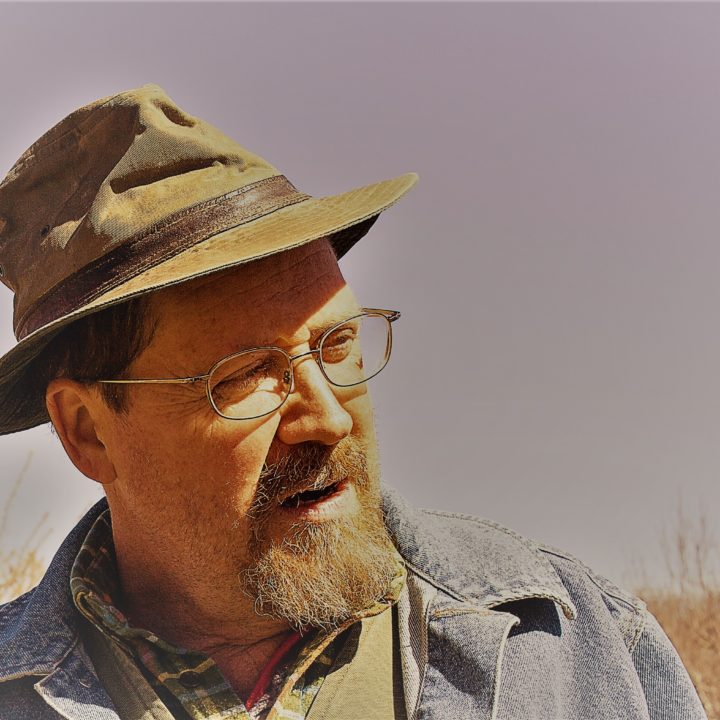It’s the midday office and I’ve brought my chair to the bottom of a grass-covered bowl, my own private Greek amphitheater. The greening spring grass grows thick where the play-goers sit; the stage for the actors and chorus is set hard against a fenceline, its backstage leading out to a former wood.
Here, our play opens. The oracle enters, predicting that where the fenceline stitches its feeble wire suture on the land, in a hubristic claim of ownership of what can’t be owned, the future already knows what we have forgotten.
The backdrop to the play is the clear-cut forest where I used to harvest ramps each spring and chanterelles late summer, deep in its quiet center. Now it lies as an exposed landscape of splintered trees and muddy roads, marking a deafness of the present custodians and neighbors to the past and the future.
Stage left is land that until recently belonged to an aging farmer who is in the long process of retiring, step by slow-moving step. He stopped by to deliver some much needed hay the other day, and I had a chance to chat with him about his life. Had he ever worked with horses? Yes, he said, he used to love to drive a team out into the field to pick up shocks of corn, the rhythmic stooping and bending work he liked as a youth. How old, I asked, when you were allowed to drive that team by yourself? Oh, very young, he responded. Eight years old.
Can I name a child of my acquaintance who has the intelligence and responsibility to handle a team of horses and spend the afternoon doing physical labor? The sadness and absurdity of thinking we have improved on the past by infantilizing our children, swaddled even into youth and young adulthood, their girth and limbs malformed, their intelligence maladapted to the work of being men and women.
With these unsettled thoughts, the midday hour closes and I pick up my chair and walk back down the lane to the heart of the farm. The sounds of the chorus fade.
Rounding the last bend, I ignore the muttering of the audience and pretend the oracle’s prophecy was wrong. Blinded, I reenter this modern life.
………………………………………………………….
Reading this weekend: Cottage Economy, by William Cobbett






